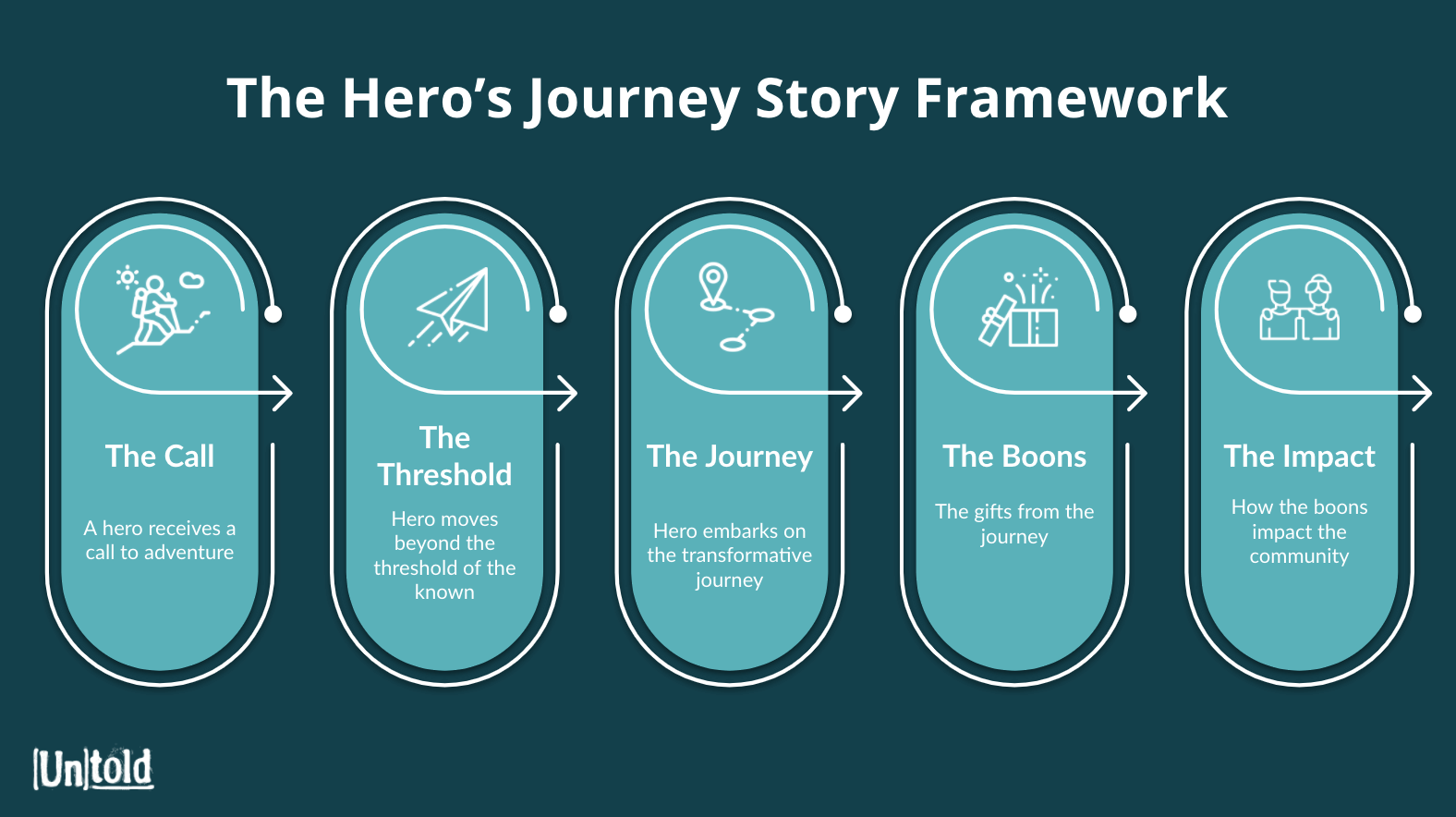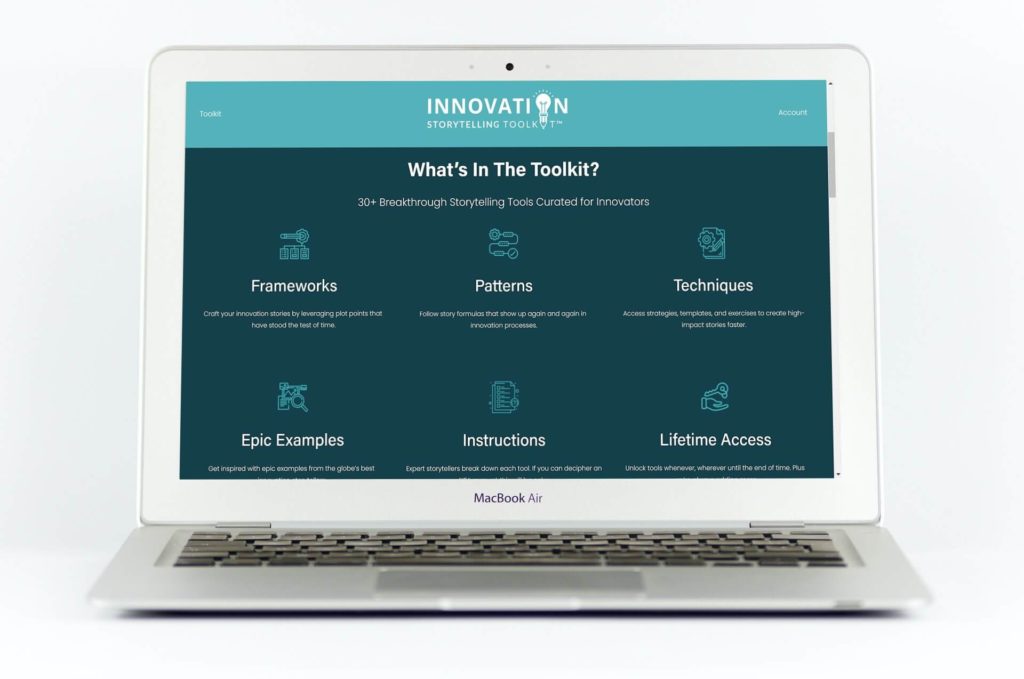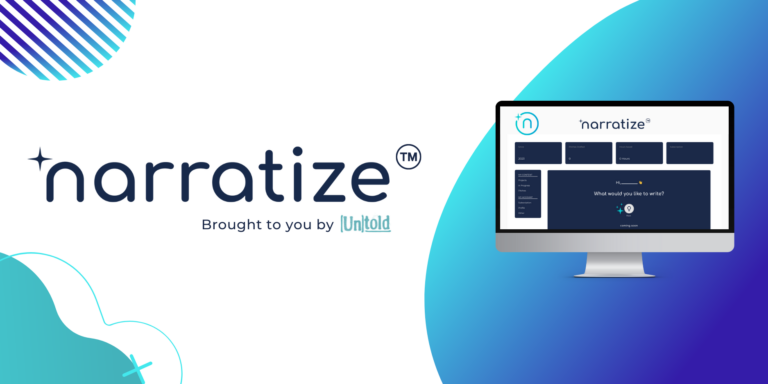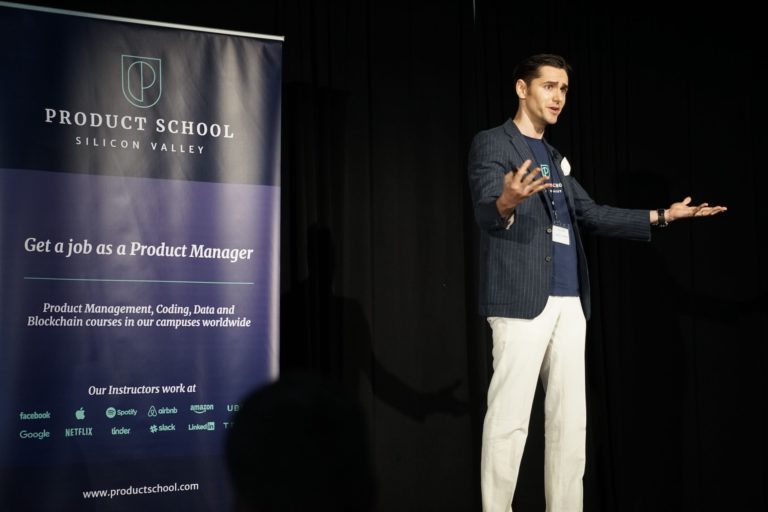Blog >> Innovation Storytelling Framework: The Hero’s Journey
Innovation Storytelling Framework: The Hero’s Journey
About the Hero’s Journey Story Framework
The Hero’s Journey was popularized by legendary mythologist Joseph Campbell. It’s an archetypal story framework that details a journey that transforms the main character and the world they impact.
How does it work?
-
Step 1 The Call: An individual receives a call to adventure.
- Step 2 The Threshold: The hero moves beyond the threshold of the known.
- Step 3 The Journey: The hero embarks on a transformative journey.
- Step 4 The Boons: Gifts (tangible or figurative) accumulate from the journey.
- Step 5 The Impact: The boons make positive impacts on the world.

Our Tip: Switch it Up
Using The Hero’s Journey Framework in Innovation Contexts
Many understand how the hero’s journey is utilized when it comes to the marketing of a product or service (i.e. the customer is typically the hero), but when applied to innovation contexts, the hero can have many other “faces.” For example, the hero can be the solopreneur working out of their garage (think Bill Gates) or the brilliant innovation team creating tomorrow’s next consumer adaptive technology (think Facebook Labs) or even a desirable future state (like a world where human mobility sees near-perfect safety). Each hero’s journey tries to inspire us to be more innovative.
If you are tasked with pitching an innovation idea or project to Marketing, Communications, or the C-suite, you might experiment with positioning the innovation team versus the brand as the hero. Most likely, though, you’ll want to keep your customers as the heroes. So how do you ensure that customers remain the heart and soul of your story? Express understanding of and empathy with your customer’s values, beliefs, and perspectives. Frame your innovation stories so that all listeners trust that you’re keeping the end-user at the center of your innovation efforts.
An Epic Example
A fourth-generation family-owned chemical manufacturer located in Cincinnati, Ohio won the prestigious international Polyurethane Innovation Award for their new bismuth catalysts. Since this innovation story was communicated to other industry professionals as part of a competition, it made sense to position the company’s innovators and leaders as the heroes—inspiring the industry to move toward more sustainable solutions and improve environmental impacts. Watch the innovation story here.
References
Untold Content’s Innovation Storytelling Toolkit
Campbell, J. (2004). The Hero with a Thousand Faces. United Kingdom: Princeton University Press.
Miller, D. (2017). Building a StoryBrand: Clarify Your Message So Customers Will Listen. United States: HarperCollins Leadership.





